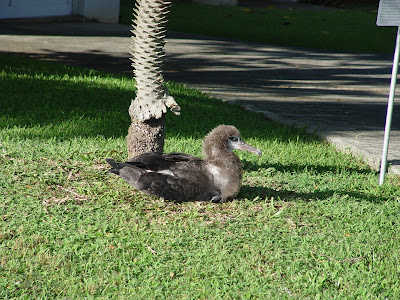In this episode Sarah, Mark and James continue their discussion of the book Bitch by Lucy Cooke where they explore menopause in humans and non-human animals and discuss those animals that have forwent males when they reproduce. The first conversation explored how orcas are an unusual mammal in that the males do not disperse from their mother's pod, but instead they retain a close relationship with their mothers. The ultimate momma's boy.
Sarah discussed the various hypothesis for why women would actually go through menopause, and why it is an evolutionary puzzle. One of the hypothesis that Sarah thought had traction was the fact that human women at birth reduce their one million oocytes to about 300,000 at birth, and the number and quality of eggs continue to decline with age.
 |
The oocytes of a human female in stasis awaiting the monthly opportunity to develop into a fertile egg.
We discussed why it is the female orca that experiences menopause and not the males. We finished the podcast discussing single sex albatross pairs who successfully rear offspring every year. James discussed seeing these birds raising their single offspring in the yards of a suburban neighborhood. Humans have encroached on much of the historical nesting sites of the albatross on the Hawaiian islands but Nevertheless, she persisted. Here is a picture of a baby albatross James took on Kauai where it is manipulating its parents by maintaining the baby downy feathers on its head while the adult feathers are on the rest of the body.
We finished the podcast discussing the parthenogenic Mourning geckos that have colonized many of the islands of the Pacific since they can reproduce asexually. Virgin births have been observed in many chordates except in mammals. We discussed why that may be.
A Mourning Gecko James photographed when doing field work in Kauai.
Opening and closing music is "May" by Jared C. Balogh. Interlude music Confessions by Sudan Archives | |
|


